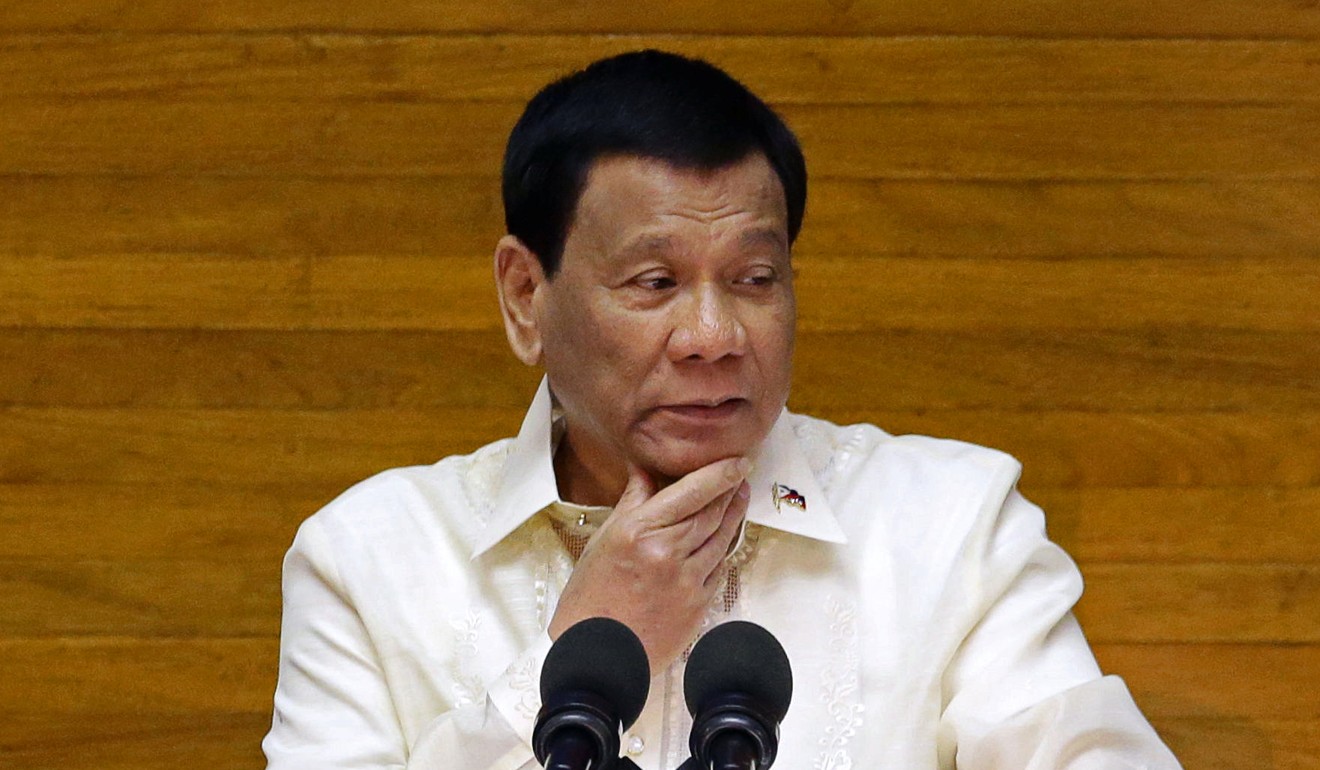
Hong Kong man serving 40-year jail term in the Philippines given crucial records that show he wasn’t in the country when surveillance took place
Authorities hand over immigration records to Chinese embassy in Manila the day after Chief Executive Carrie Lam had written to Philippine President Rodrigo Duterte
During Tang Lung-wai’s trial, the court was told Manila police had monitored his movements from June 1 to 12, 2000. He was convicted in 2011. But immigration records the Philippine authorities gave to the Chinese embassy in Manila on Tuesday, and which were passed to Tang’s Philippine lawyer Sheilla San Diego on Wednesday, showed Tang only entered the Philippines on June 19.
“It is exciting news for me,” Tang’s elder brother Tang Lung-piu said on Wednesday.
“I still don’t have much confidence in the Philippines’ judicial system, but I hope my brother can hang in there and that he will come home soon.”
Tang, 47, was arrested about a month after arriving in the Philippines and has been languishing behind bars for 18 years. It took 11 years for his case to make it through the legal system and he was found guilty of possession of meth, more commonly known as Ice.

Tang’s ordeal took a surprising twist when Chief Executive Carrie Lam Cheng Yuet-ngor wrote to Duterte on Monday asking for “compassionate consideration” in expediting a request to the Philippine Bureau of Immigration, so Tang could receive a “fair and just trial”.
The authorities gave the embassy the records the next day.
Speaking in Beijing on Wednesday, Lam said the Hong Kong government had been notified by lawmaker Paul Tse Wai-chun that the Philippine authorities may still have Tang’s immigration records.
“We have always taken overseas Hongkongers’ rights and interests seriously, especially when they face tremendous difficulties,” Lam said. “I discussed it with the secretary for security [John Lee Ka-chiu] and we decided to make a request for Tang’s records.”
Lee also wrote to the Philippine immigration authorities to ask for the travel records.

Tse, who is also a lawyer, said the records would be “powerful” evidence in the Supreme Court.
“The records show Tang was not even in the Philippines [when police surveillance took place]. They would be very powerful evidence. I hope the court handles the case in accordance with proper procedures and gives him the justice he deserves,” Tse said.
“Belated justice is better than no justice.”
The deadline for Tang to submit the records to the Philippines’ top court was September 5, Tse added.
Hong Kong immigration officials gave the family Tang’s departure records in 2006 and these documents were handed to his lawyer in the Philippines.
But the lawyer lost the document, the law firm later shut down, and its staff could not be reached.
Since Duterte took office two years ago, more than 12,000 drug suspects have been killed, according to Human Rights Watch, a New York-based organisation. Philippine police put the number closer to 4,000.
In 2000, Tang and his friend, Cheung Tai-on, were taken by police with a third man, Goh Sek-hung, to a flat where police found 8kg of Ice.
Tang and Cheung received 40-year jail terms, while Goh was acquitted for lack of evidence. Cheung died of a heart attack in prison in 2016.

